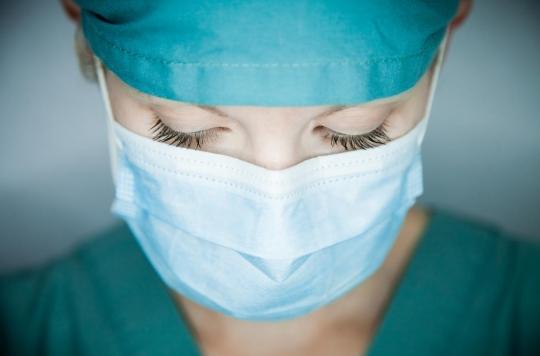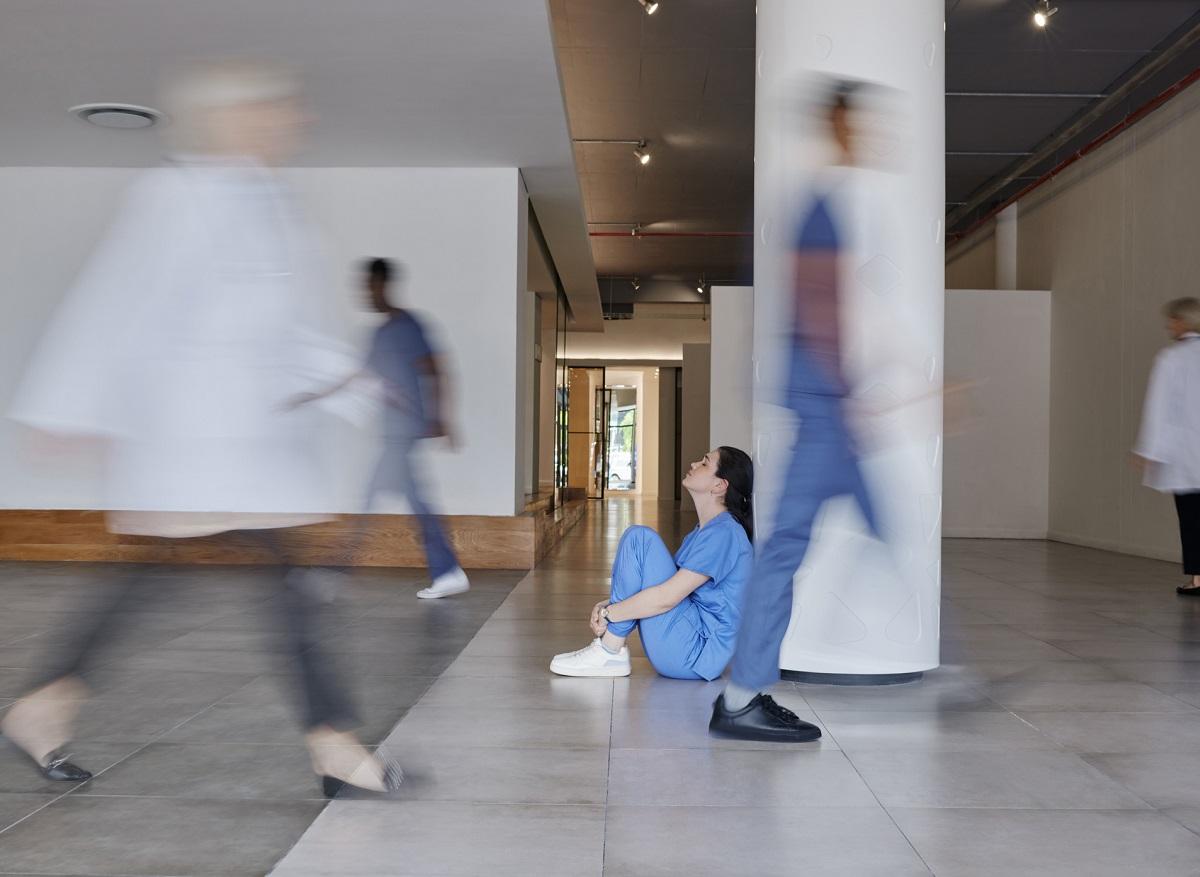According to a survey conducted by the National Order of Nurses among 6,000 caregivers, 57% are in a state of professional exhaustion and 43% plan to hang up their coats.

- 6 out of 10 nurses have seen their workload increase since the start of the health crisis and 2/3 say that their working conditions have deteriorated.
- 57% of respondents believe they are in a state of burnout.
- 43% of nurses do not know if they will still be nurses in 5 years.
The budget cuts made in the public hospital, the lack of recognition and the health crisis have left the nurses exhausted.
This is the observation made an extensive survey carried out by the National Order of Nurses with 6,000 health professionals, the results of which have just been made public this Sunday.
While new cities have just been classified in the maximum alert zone, and the second wave of the Covid-19 epidemic is looming, the survey highlights the state of professional exhaustion affecting the entire population of nurses.
An impact on the quality of care and on the management of the health crisis
Already shaken by budget cuts and downsizing, nurses can’t take their working conditions any longer. Nearly two-thirds of respondents believe that these “have deteriorated since the beginning of the crisis” health, including 64% among salaried nurses or nurses working in establishments. 59% of nurses saw “their workload has increased since the start of the crisis” while one in five nurses “has not been able to take leave since last March”.
This deterioration in working conditions has repercussions on the state of health and fatigue of caregivers. While 33% considered themselves to be in a situation of professional exhaustion before the health crisis, they are now 57% to declare that they are in a state of burnout, with “a high risk of impact on the quality of care” for 48% of them.
Result: many people have seen their vocation as nurses waver. 37% of respondents now want to change jobs and 43% admit they don’t know if they will still be nurses in five years.
The survey conducted by the National Order of Nurses also points to the “worrying weak points” in the collective ability to deal with a resurgence of the epidemic. Thus, a third of respondents consider “to be fewer than usual” to deal with the health crisis and 43% feel “not to be collectively better prepared to respond to a new wave of contamination”. Finally, 44% of nurses, including 68% of liberals, believe that there is an insufficient quantity of protective equipment to protect them from contamination with Covid-19.
A strike scheduled for October 15
If salary increases were promised during the Ségur de la Santé, the promises made by the government remain insufficient to date, estimates the National Order of Nurses. “The nurses are tired, abused and overloaded while the signals are red over a large part of the metropolises”, he is alarmed in a press release. At the initiative of the unions in the profession, a strike call was made for Thursday 15 October. His goal: to get “immediate massive hiring” and an “significant salary increase”.

.














